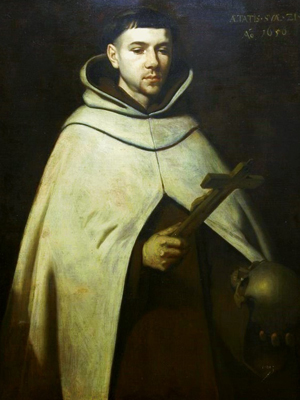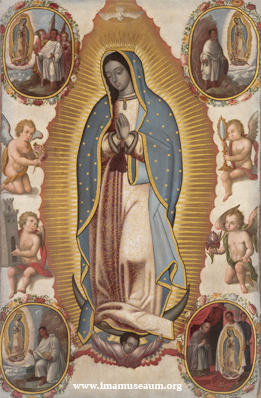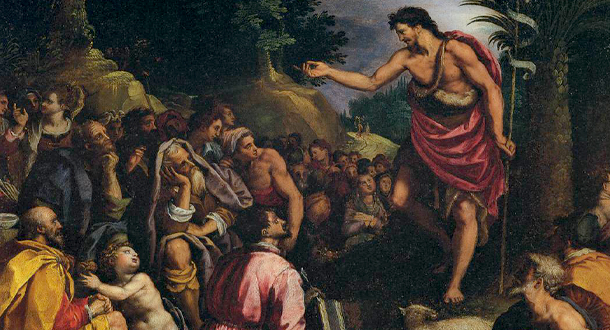
Third Sunday of Advent
Scripture:
Zephaniah 3:14-18a
Philippians 4:4-7
Luke 3:10-18
Reflection:
There is no more joyful and exhilarating proclamation for our reflection and meditation than the readings we find on the Third Sunday of Advent, also most joyfully known as Gaudete Sunday. Gaudete is not just a suggestion; rather, in Latin, it is an imperative announcement, a declaration of something we must do if we are touched by the grand and glorious moment of the love and goodness of our faithful God. Gaudete! Rejoice, rejoice, rejoice! Shout it out loud! Sing it from the rooftops! Rejoice!
And Zephaniah makes it perfectly clear why we should be filled with such happiness and joy. He tells us that we should sing joyfully and exult “with all our heart.” God, our merciful and loving God has saved us from our enemies; indeed, he has saved us from ourselves since our misfortunes are no longer something to fear and there is no need to be discouraged! Is there any better news than this good news?
And then St. Paul, in his letter to the Philippians, carries on this great theme when he says: “Brothers and sisters: Rejoice in the Lord always. I shall say it again: rejoice!” And not only should we rejoice, but we should make our kindness known and felt by all. Nor should we be filled with anxiety, but rather, let all that be replaced by thanksgiving and the peace that only God can give!
And how is all this to happen? What can make such joy possible? In our Gospel, it is the great John the Baptist who reminds us that the Lord has come. This is why we rejoice, trust, and live in hope: the Lord has come. Gaudete! Rejoice! The Lord is near. Thanks be to God.
Fr. Pat Brennan, C.P. is the director of Saint Paul of the Cross Passionist Retreat and Conference Center, Detroit, Michigan.







